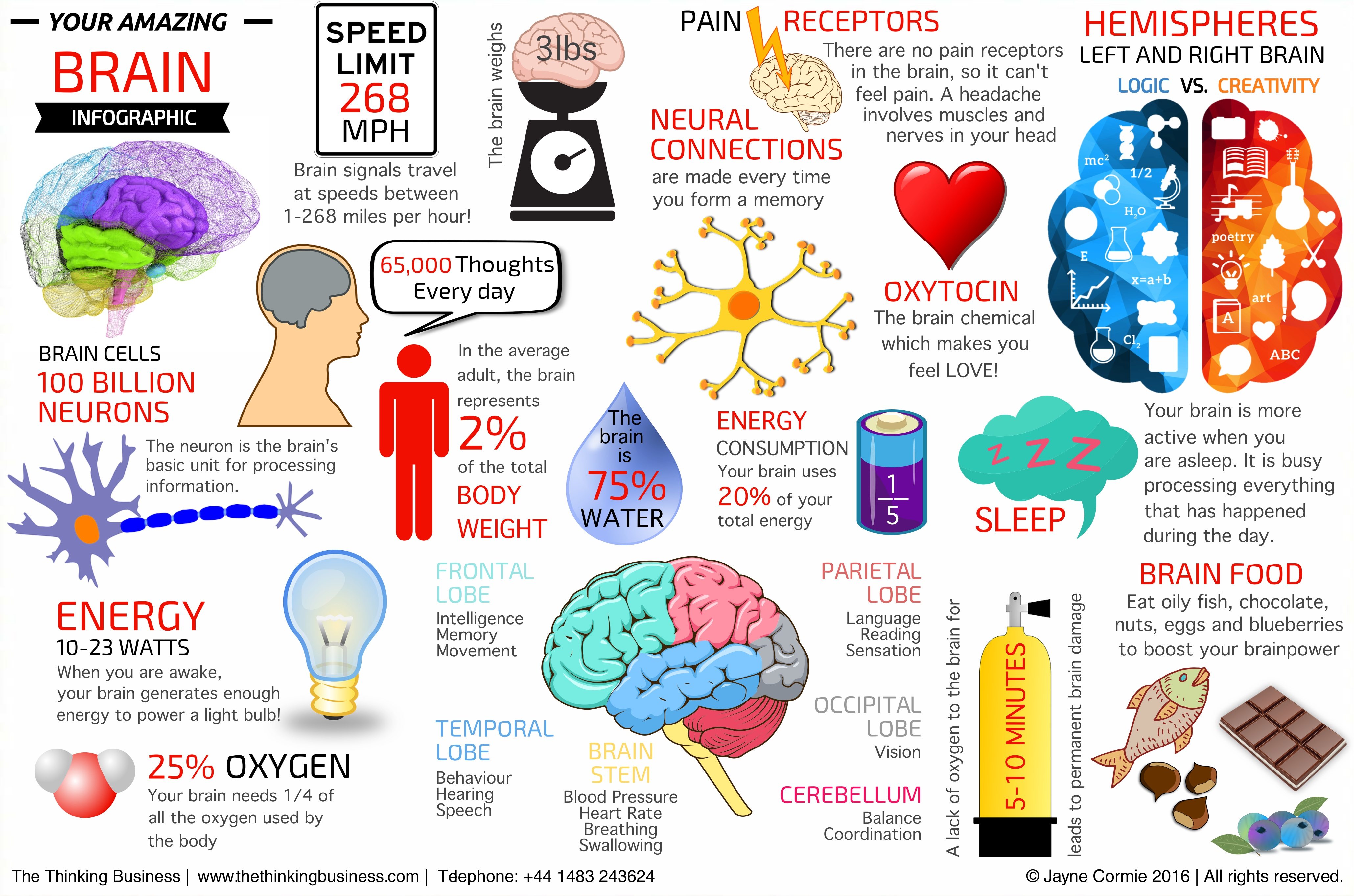Your brain can process as much as 11 billion bits of data per second however your conscious mind will only be aware of 40 50 bits of information a second

Your Brain: A Powerhouse of Data Processing

Did you know that your brain has the incredible ability to process an astonishing amount of information every second? It’s true! According to recent research, your brain is capable of processing as much as 11 billion bits of data per second. However, despite this impressive capacity, your conscious mind is only aware of a fraction of this information, typically around 40-50 bits per second.
What exactly does it mean for your brain to process billions of bits of data? To put it into perspective, think about all the information that is constantly bombarding your senses: the sights, sounds, smells, tastes, and physical sensations that you experience throughout the day. Each of these stimuli contains numerous data points, and your brain is responsible for processing and interpreting all of it.
To better understand this phenomenon, let’s break it down. Your brain consists of billions of neurons, which are specialized cells that transmit information through electrical and chemical signals. These signals form neural pathways and networks, allowing your brain to process and store information.
However, not all data makes its way to your conscious mind. In fact, most of it is processed on an unconscious level. This process happens swiftly and automatically, without you even realizing it. It’s like a continuous background process running in the depths of your mind, constantly scanning and filtering through the incoming data.

How does your brain decide which information to bring to your attention? This is where the concept of attention and conscious awareness comes into play. Your brain has a limited capacity for conscious processing, so it needs to prioritize certain information over others. This prioritization is influenced by various factors, including your goals, interests, emotions, and previous experiences.
Unconscious biases also play a significant role in determining what information you become aware of. These biases are shaped by societal and cultural influences and can impact your perception and decision-making without you even realizing it. Understanding and addressing unconscious biases is crucial for promoting equality and inclusivity in our society.
So, the next time you feel overwhelmed by the incessant flood of information, take a moment to appreciate the remarkable abilities of your brain. It tirelessly works behind the scenes, processing billions of bits of data every second, even if you are only consciously aware of a fraction of it. By recognizing the limitations and biases of our conscious awareness, we can strive for a more holistic understanding of the world around us.
To learn more about unconscious biases and how they influence our perception, decision-making, and behavior, you can refer to this insightful article by NPR: Understanding Unconscious Bias.
Share
Related Posts
Quick Links
Legal Stuff

